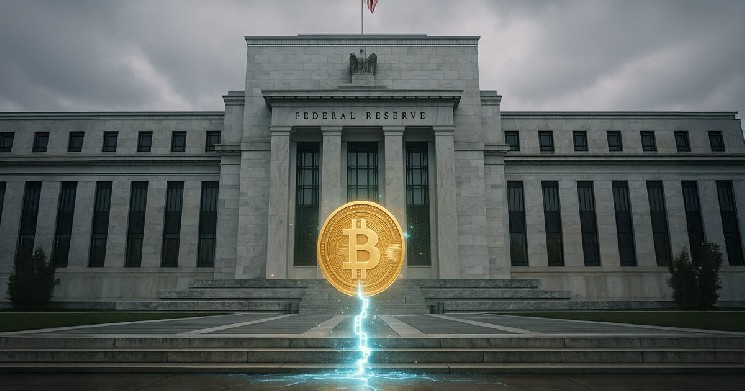Federal Reserve Vice Chair for Supervision Michelle Bowman has known as for banks to embrace blockchain expertise or danger shedding relevance.
At the Wyoming Blockchain Symposium on Aug. 19, Bowman emphasised that regulators and banks should undertake a extra proactive strategy to the crypto trade.
She identified that integrating these new modern applied sciences can be essential for sustaining relevance in a quickly evolving monetary panorama.
She mentioned:
“It’s important that banks and regulators are open to participating in new applied sciences and departing from a very cautious mindset. Regulators should perceive new services and products and acknowledge the utility and necessity of embracing expertise within the conventional monetary sector.”
The Fed govt argued that this shift shouldn’t be optionally available however mandatory for the continued vitality of the banking system. She added that establishments that fail to evolve may change into peripheral gamers, whereas forward-looking banks may strengthen their place out there.
Tokenization as a direct use case
Bowman highlighted tokenization as one of the crucial fast purposes of blockchain. She defined that tokenized belongings could be transferred digitally with out intermediaries or the bodily motion of securities.
She mentioned the strategy eliminates many handbook steps and custodial coordination that presently creates delays and will increase operational danger.
Furthermore, Bowman famous that tokenized methods can streamline these steps, scale back operational friction, and broaden market entry.
As a result of this, the Fed chief famous that regulatory alignment may transfer tokenization from pilot initiatives to mainstream adoption that will profit each main banks and smaller neighborhood establishments.
Fraud prevention
Past tokenization’s effectivity, Bowman highlighted blockchain’s potential to fight fraud.
Within the speech, she conceded that monetary establishments face dangers from identification theft, scams, and associated crimes.
Nonetheless, she argued that if blockchain can measurably scale back fraud, regulators ought to facilitate its adoption reasonably than impede it.
In line with her:
“If fraud could be addressed utilizing new expertise, we must always make it possible for the regulatory framework doesn’t stand in the way in which. I see this as an thrilling alternative for collaboration between trade and the Fed.”


